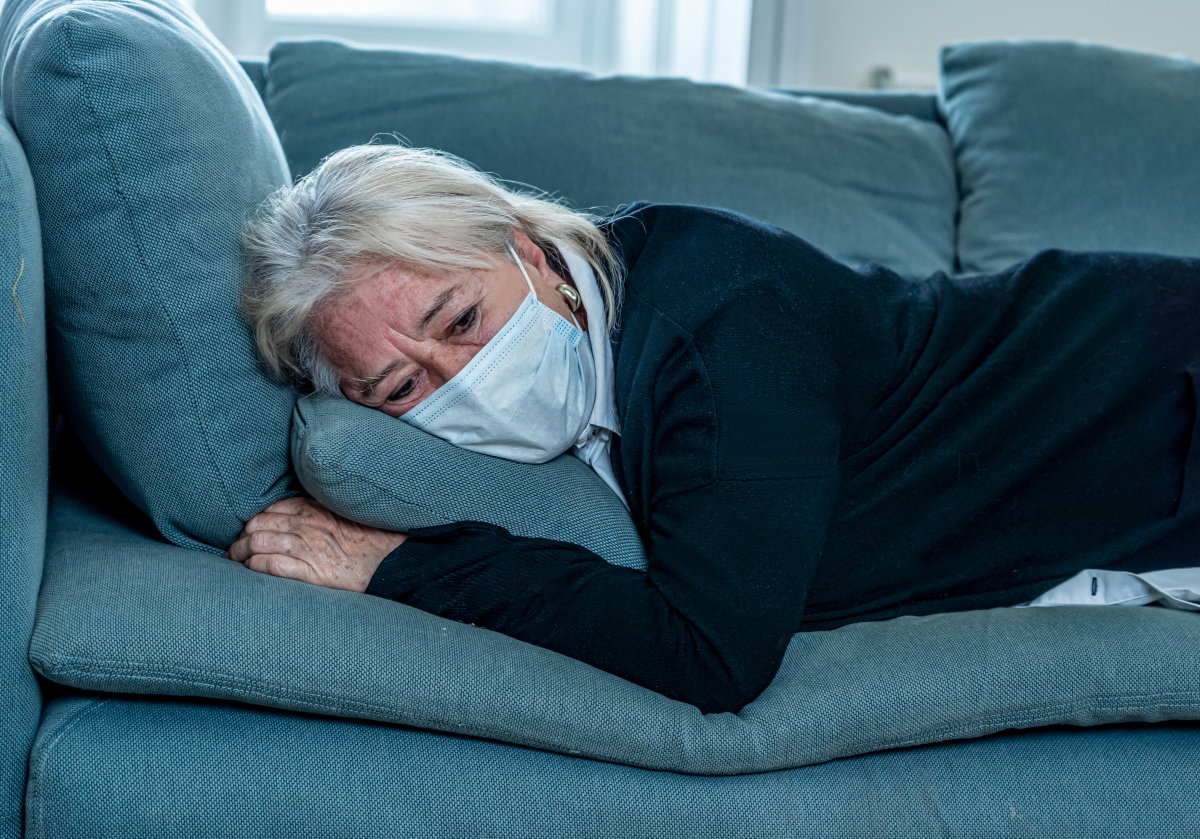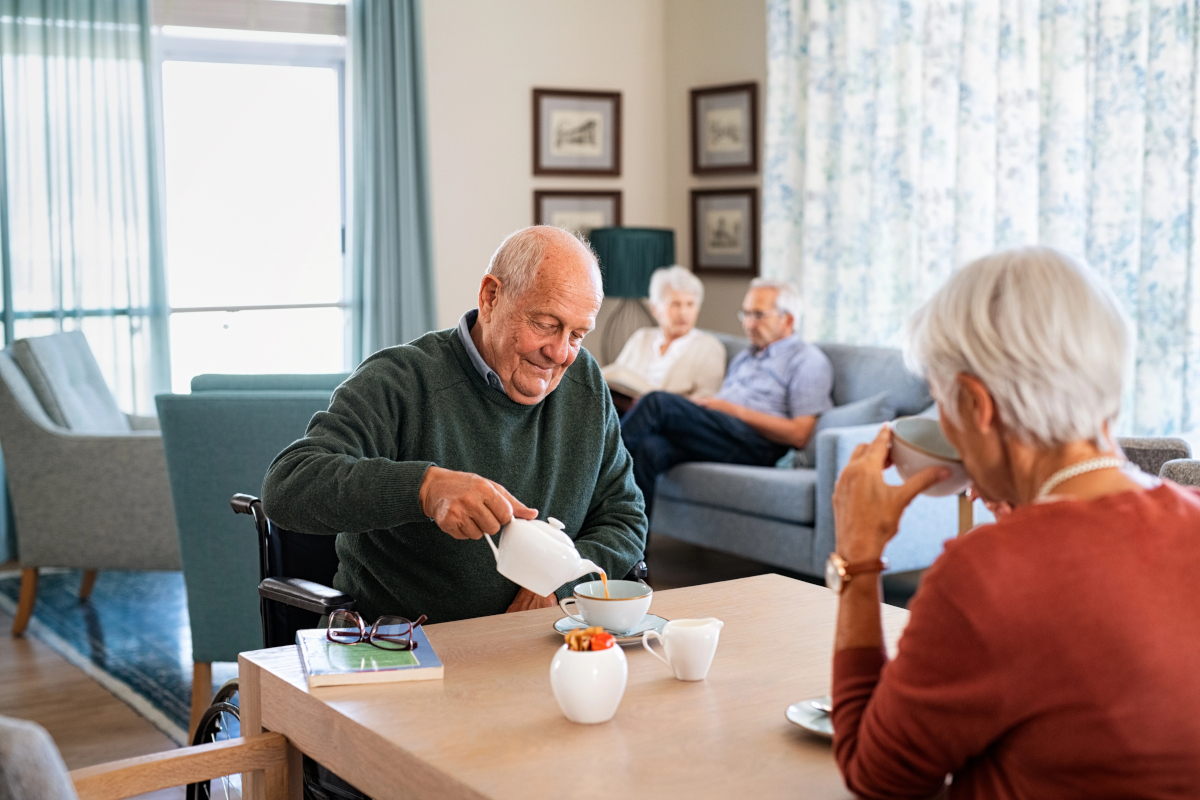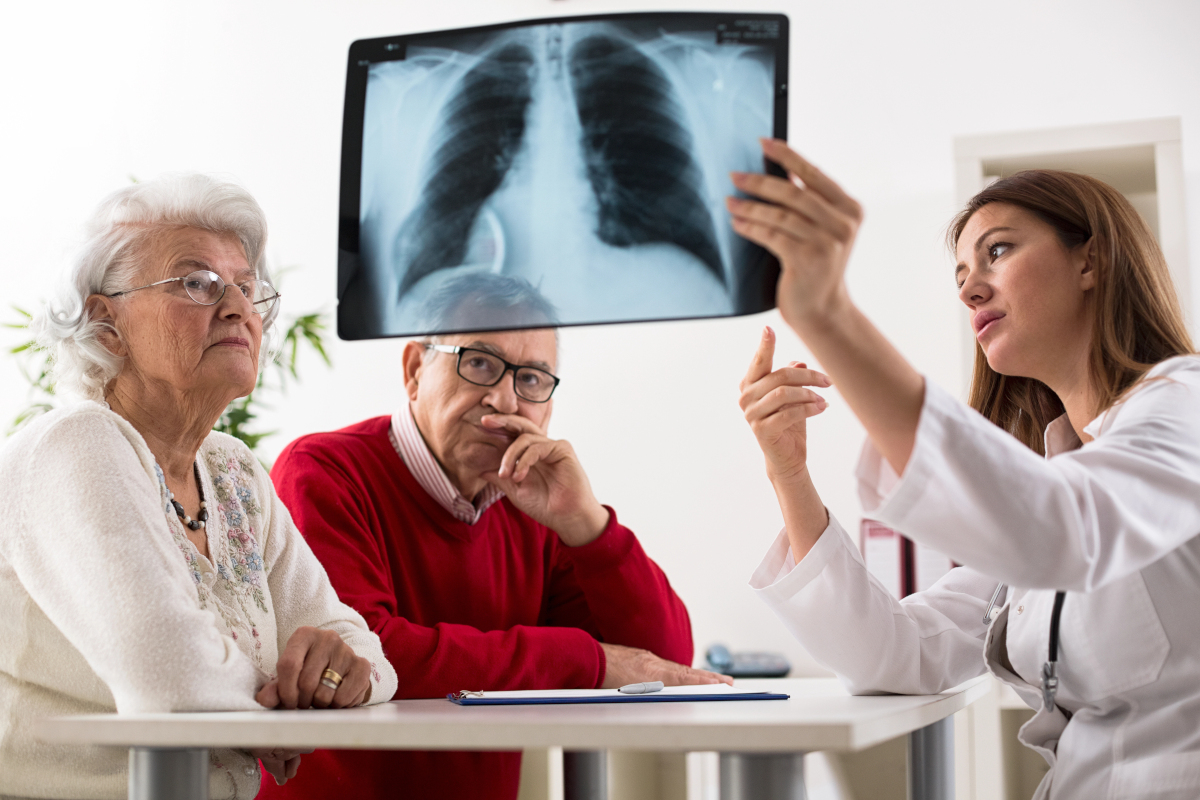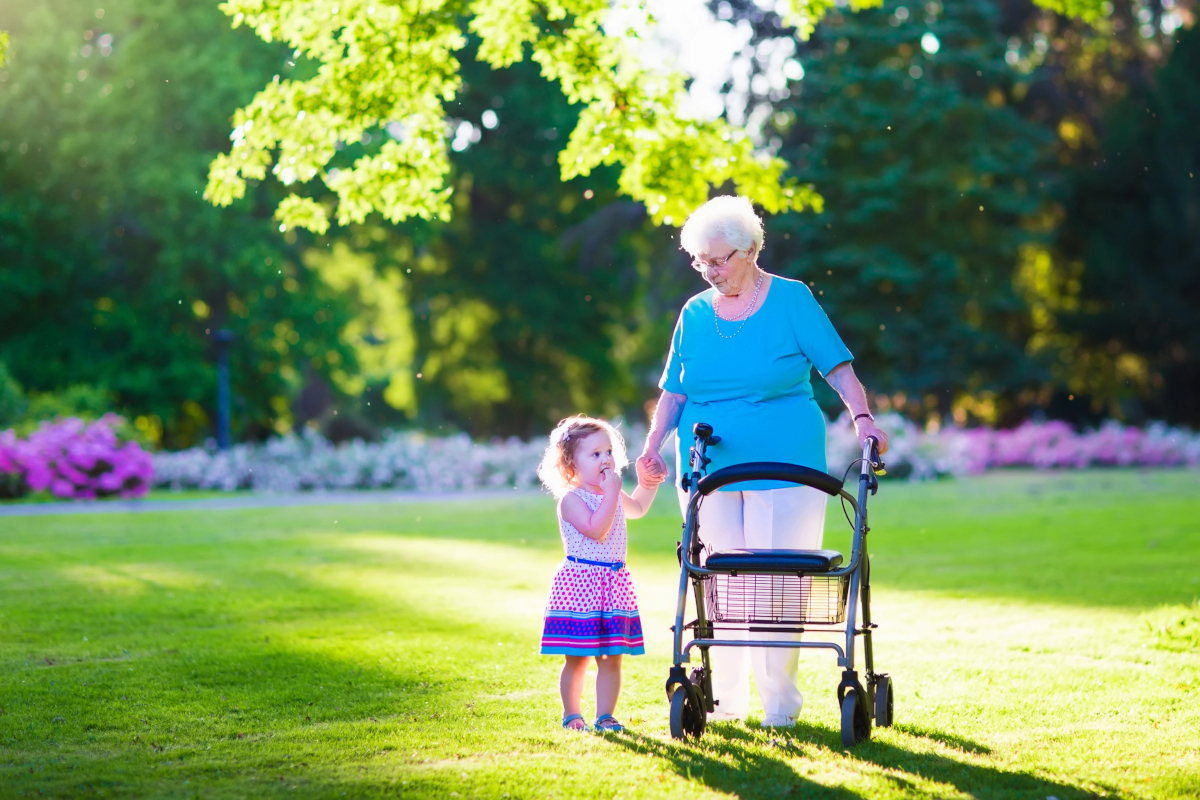When we think of healthy aging, most people focus on physical wellness. Mental health is also an important topic for senior citizens.
Getting older is a beautiful thing. It’s something that not everyone gets to do. However, it also comes with significant changes. Our bodies slow down and we face new medical concerns.
Seniors also often experience more loss the longer they live. And there are changes that must be made to accommodate aging, like needing more support from loved ones or moving into assisted living.
Any combination of these changes can increase stress and raise the risk of depression, anxiety, and other mental health problems.
That’s why it’s important for every senior citizen to protect their mental wellness. You can also try 10 things seniors can do now to lower their dementia risk. Many of these activities support mental health and overall wellbeing.
Know What Mental Health Risks Seniors Face
Knowledge is the first step in managing mental health. Some things can negatively affect a person at any age, like a traumatic event or a loss. Anytime you experience something like this, you should be mindful of your mental wellness and seek a therapist or counselor as needed.
However, senior citizens in particular face additional challenges that can harm their mental wellbeing. Things like a chronic health condition or sudden life change like a loss, retirement, or a move into senior housing can cause stress.
Some seniors experience isolation and loneliness. Mobility issues can make it difficult or impossible to leave home, which forces elderly adults to miss out on social interactions. When friends or family are not nearby to visit and no social support network exists, some seniors find themselves feeling alone and isolated. Both factors increase the risk of depression, which can decrease longevity.
Common mental health problems that affect older adults include:
- Depression
- Dementia
- Bipolar disorder
- Cognitive impairment
- Panic disorder
- Substance abuse
- Post-traumatic stress disorder (PTSD)
- Obsessive-compulsive disorder
- Generalized anxiety disorder
Unfortunately, these and other mental health conditions are often undertreated in older adults even though treatments are available. That’s why every senior should know the signs of a problem before it becomes a severe situation.
Talk to your doctor or a mental health professional if you experience any of the following:
- Unexplained change in mood
- Changes in energy levels or appetite
- Feelings of hopelessness or guilt
- Changes in hygiene and grooming
- Withdrawal from others
- Feeling suspicious of loved ones
- Feeling confused or disorientated
- Outbursts of anger or irritability
- Memory loss
- Thoughts you can’t get out of your head
- Increase in stress
- Engaging in high-risk activities
Even if you feel mentally well, you should still stay in touch with your doctor. Let them know how you are feeling and contact them right away if anything changes.
Do Things That Boost Your Mental Wellness
Seniors should be proactive about their mental wellness. That means taking time for yourself and doing things that lower stress and maintain a healthy mind. Find a combination of activities and habits that work well for you. The following list is a good place to start:
- Begin Your Fitness Journey
Our mental and physical wellness are connected. When we are physically healthy, we feel better mentally. And when we are mentally well, we are more likely to be physically active. Starting your fitness journey as a senior citizen can do wonders for your overall wellbeing.
Seniors who have mobility limitations can find safe ways to exercise. Try seated workouts or talk to your doctor about alternative activities. Anything that gets you moving is helpful, as long as you do so safely and with the guidance of your doctor.
- Eat Healthy Mood-Boosting Foods
What we put in our bodies also affects how we feel. Avoid foods that are sugary, salty, or heavily processed. Leafy greens contain folate which can help prevent dementia, insomnia, and depression.
Other nutritious food choices include bananas, salmon, berries, nuts, and avocados. Dark chocolate in moderation can be a great choice as well because it reduces the stress hormone cortisol.
- Practice Good Hygiene
Hygiene is important to health because staying clean helps us avoid infections. It’s also good for mental wellness because we tend to feel better when we are clean and groomed.
Many people often start to neglect personal hygiene when dealing with depression. If you are struggling to keep up, talk to your doctor.
- Connect with Others
Socializing is the key to reducing isolation and depression. Positive interactions with others release endorphins that improve mood and lower stress. Staying social also improves cognitive ability, which is a good way to prevent dementia.
Seniors who feel isolated should look for local groups in their area. Many communities offer senior programs that help older adults connect with others. Moving into assisted living is another good way to avoid isolation.
- Know Your Medication Side Effects
Seniors often take medication to manage medical conditions. Make sure you know the side effects and potential interactions of the medications you take. This is also something you should discuss with your doctor.
Some drugs may produce side effects that could cause depression or other mental health changes. This should be closely monitored and managed.
- Do Not Ignore Health Problems
If you experience a health problem, do not ignore it. Physical pain and discomfort will degrade your mental wellbeing. It lowers quality of life and will make it difficult to function each day.
Addressing health problems now will protect your mental health later.
- Get Enough Rest Each Night
Sleep is important at any age. Our rest period allows our brains and bodies to rejuvenate. Damage is repaired and energy is restored while we slumber. Not getting enough sleep leaves a person vulnerable to health problems. It can also increase the effects of aging.
- Engage Your Brain as Much as Possible
Use your brain as much as possible. Give yourself challenges and engage in activities that require critical thinking and problem-solving. Doing so will help prevent dementia and keep your mind sharp.
If you aren’t sure where to start, consider puzzles, games, or classes. Many assisted living communities also have activities like book clubs that are great places to exercise your mind.
Look for meaningful activities that engage the brain but also make you feel fulfilled. These will work wonders for your mental health.
Don’t Be Afraid to Ask for Help
If you notice changes or are struggling in any way, don’t be afraid to ask for help. You do not have to face these challenges on your own. In many cases, treatment or medication may be available to help you enjoy life and live as long and happily as possible.





